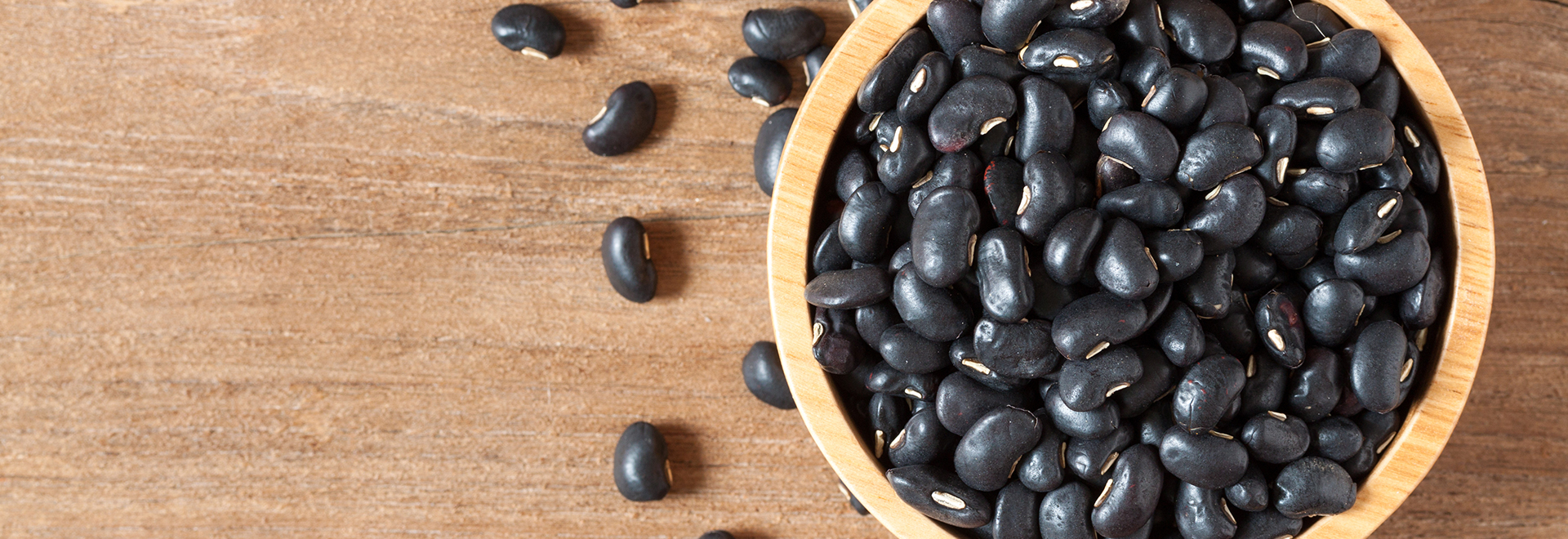Black soybeans, or kuromame, are the king of beans regarding their health benefits and nutritional values. They have become a popular food item for weight loss and breastfeeding mothers. So, why do people of all ages love eating black soybeans? Let’s understand more about their nutritional values and things to take notes when having black beans with Cigna Smart Health.
Health Benefits of Black Soybean
1. Help with bowel movements
Black soybeans are rich in dietary fiber. There is 18.2g of dietary fiber in 100g of black soybeans, which can foster peristalsis, help stooling and prevent constipation.
2. High potassium content
Living hectically and having strongly flavored foods with MSG, it is common to have edema due to the high sodium present in the body. Black soybeans are a good source of potassium which expels sodium from your body. They are also rich in minerals, such as calcium, phosphorus, iron, and zinc, preventing osteoporosis.
3. Anti-oxidation and anti-aging
Vitamin E and B present in black soybeans can fight against oxidation and aging, as well as improve your skin quality. They also contain pantothenic acid, which prevents your hair from getting grey.
4. Regulate hormones
Soy isoflavones (phytoestrogens) in black soybeans can supplement inadequate estrogens in women’s bodies, maintaining your vaginal health and avoiding hormone imbalance.
5. Rich in protein
The protein content in black soybeans is two times more than in meats, three times more than in eggs, and twelve times more than in milk. Per 100g of black soybeans, there is 34.6g of protein. The high protein content also helps increase breastmilk supply and therefore is good for breastfeeding mothers.
6. With numerous nutrients to boost immunity
Black soybeans contain vegetable protein, anthocyanins, folic acid, beta-carotene, and carbohydrates, and most of the fats are unsaturated fatty acids.
Things to Take Notes Before Having Black Soybeans
From a Traditional Chinese Medicine perspective, fried black soybeans are considered ‘heat,’ so not everyone is suitable for having them, especially individuals who induce ‘heat’ easily. Symptoms include being irritative, flushing, dry mouth, and constipation. The following three groups should not eat black soybeans frequently.
- Individuals with edema caused by kidney diseases, liver diseases or heart diseases: These diseases lead to weak ‘zang-fu’ organs. Black soybeans may be too nutritious for their weak bodies.
- People who have abdominal bloating (stomach gas) easily: Black soybeans are harder to be digested.
- People who are prone to diarrhea: Black soybeans facilitate urination and defecation
Besides, you should not mix black soybeans with soy milk, milk, spinach, castor beans, Houpoea officinalis, tetracycline, gentian, and five ginsengs, because adverse reactions may be induced, especially with Chinese herbal medicines. Therefore, you should avoid having black soybeans and drinking black soybean milk when having Chinese medicines.

